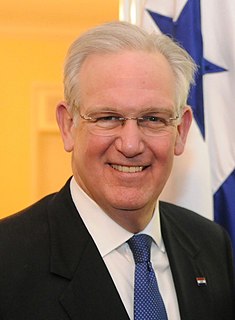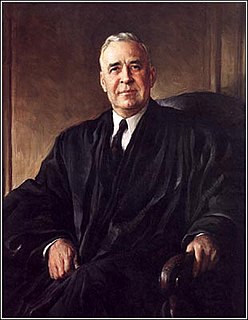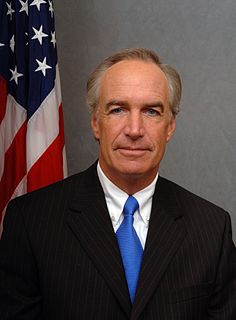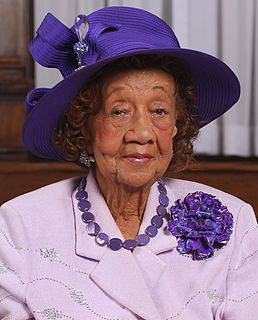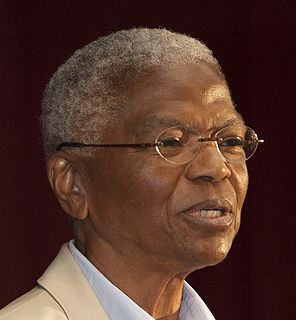A Quote by Jay Nixon
While we all respect the solemn responsibility of our law enforcement officers to protect the public, we must also safeguard the rights of Missourians to peaceably assemble and the rights of the press to report on matters of public concern.
Related Quotes
It was not by accident or coincidence that the rights to freedom in speech and press were coupled in a single guaranty with the rights of the people peaceably to assemble and to petition for redress of grievances. All these, though not identical, are inseparable. They are cognate rights, and therefore are united in the First Article's assurance.
This formidable censor of the public functionaries [the press], by arraigning them at the tribunal of public opinion, produces reform peaceably, which must otherwise be done by revolution. It is also the best instrument for enlightening the mind of man and improving him as a rational, moral, and social being.
Since there is no such entity as 'the public,' since the public is merely a number of individuals, the idea that 'the public interest' supersedes private interests and rights can have but one meaning: that the interests and rights of some individuals take precedence over the interests and rights of others.
Human rights and international criminal law both illustrate the contradictory potential of international law. On one level, the imposition of human rights norms is a restraint on interventionary diplomacy, especially if coupled with respect for the legal norm of self-determination. But on another level, the protection of human rights creates a pretext for intervention as given approval by the UN Security Council in the form of the R2P (responsibility to protect) norm, as used in the 2011 Libyan intervention. The same applies with international criminal accountability.
But it is recognized that punishment for the abuse of the liberty accorded to the press is essential to the protection of the public, and that the common law rules that subject the libeler to responsibility for the public offense, as well as for the private injury, are not abolished by the protection extended in our constitutions. The law of criminal libel rests upon that secure foundation. There is also the conceded authority of courts to punish for contempt when publications directly tend to prevent the proper discharge of judicial functions.
